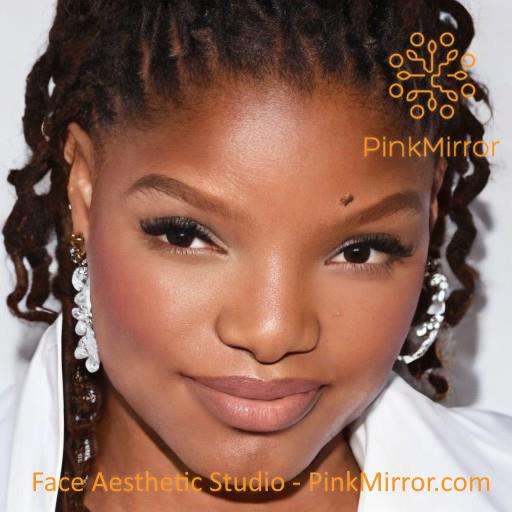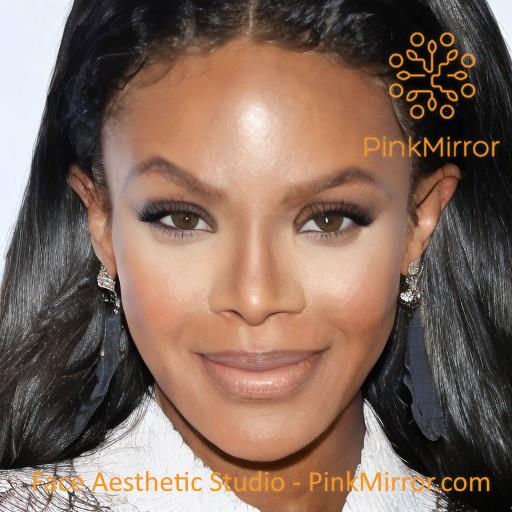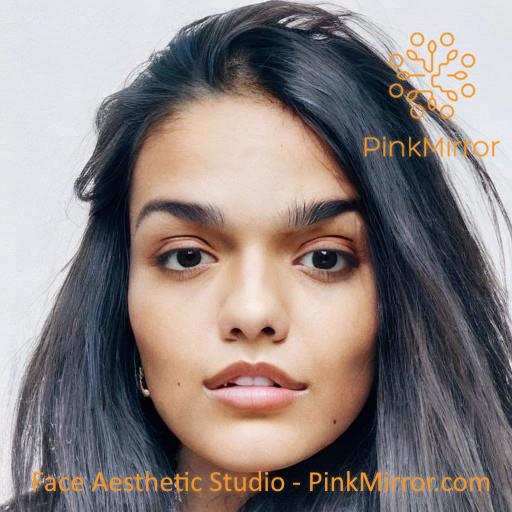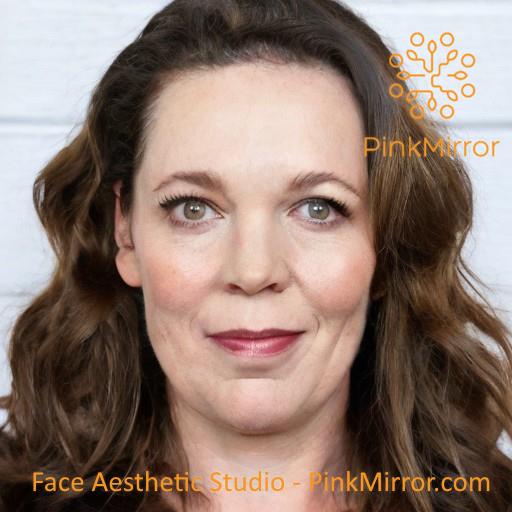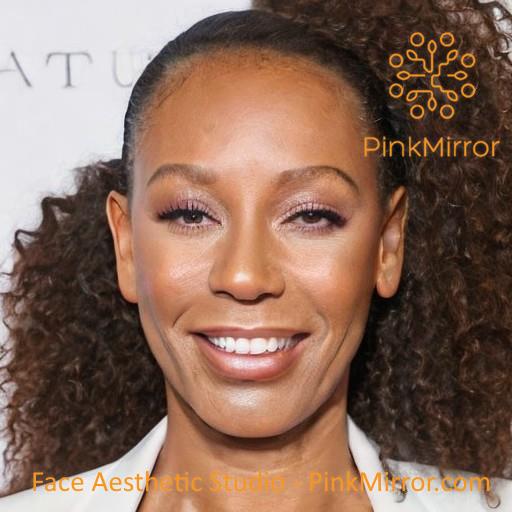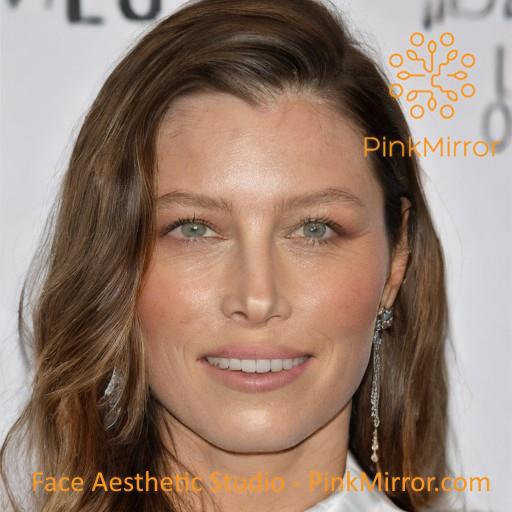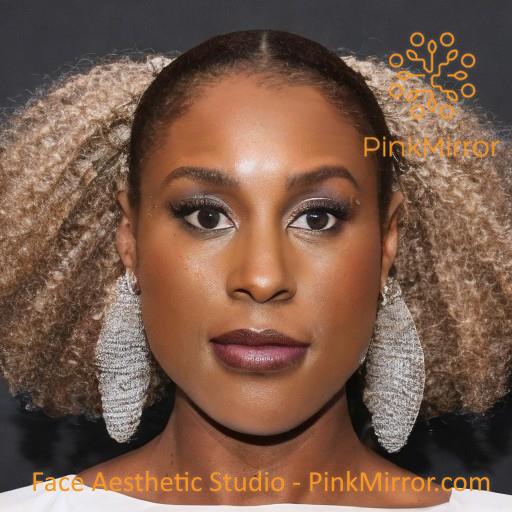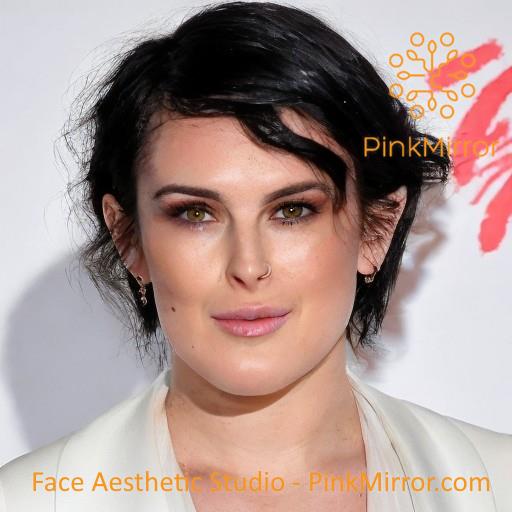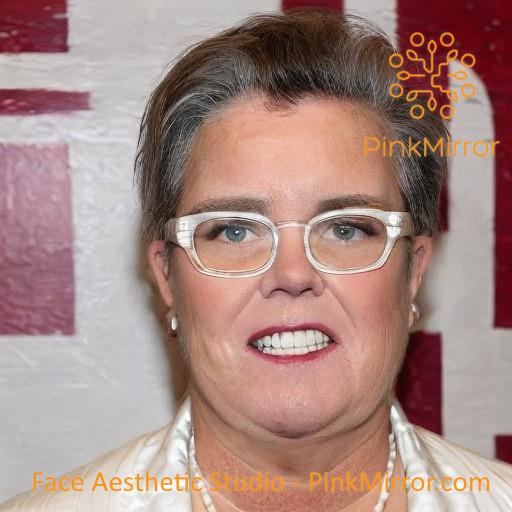Natalya Neidhart - Facial Feature - Bi Gonial Width
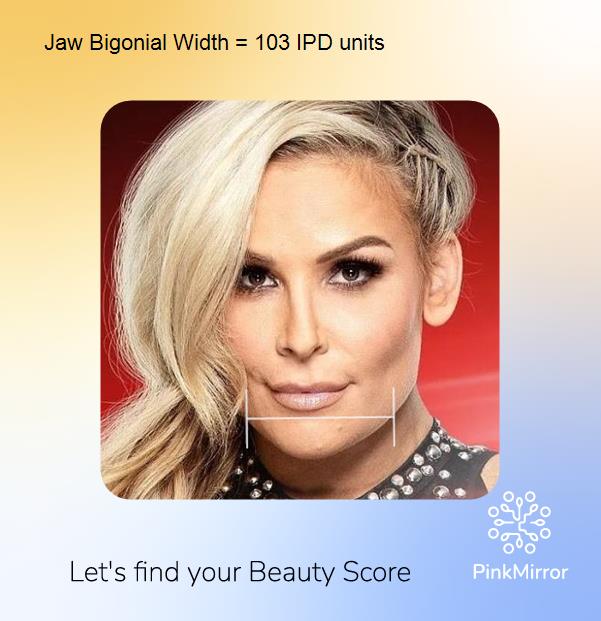
Your jaw falls into the large bigonial-width category, which is considered a medium attractiveness among the five female jaw bigonial-width types. While attractiveness is subjective, many people find this look appealing. Here’s how each category is generally perceived: smallest – low attractiveness, small – medium attractiveness, average – high attractiveness, large – medium attractiveness, largest – low attractiveness. To enhance your attractiveness, consider working towards the average category. This could potentially increase your beauty score by one point.
- Most Attractive
- Least Attractive
- Your Score
Why is a smaller Bi-gonial width attractive among females?
Research has shown that a smaller bi-gonial width, the distance between the jaw’s two angles, is deemed attractive in females due to the resulting narrower facial appearance. Little et al. (2011) suggested a smaller bi-gonial width might be seen as attractive in females because it’s a pronounced female trait. Additionally, Jung et al. (2018) discovered that both male and female participants found a slimmer, tapered jawline or a more confined lower face attractive, associating it with feminine and aesthetic qualities. Lakhiani and Somenek (2019) added that a narrower mandibular width gives females a softer jaw angle, which is more obtuse by around 2.7 degrees compared to men, offering a gentler, feminine look. A 2022 study by Moradinejad et al. revealed that a narrower bi-gonial width, ideally less than the zygomatic width, is universally preferred. With 127 participants assessing images, professionals found a 72.53% intergonial to inter-zygomatic ratio most appealing, while the general public favored 74.45%, suggesting a universally narrower preference.
Read the detailed study with exact scientific references
Choose a recommendation and track your weekly progress:
Cautionary Note: It's important to note that each individual's skin is unique and may respond differently to various treatments. Always conduct a patch test when trying new products or ingredients, and consider consulting a dermatologist before beginning any advanced treatments.


